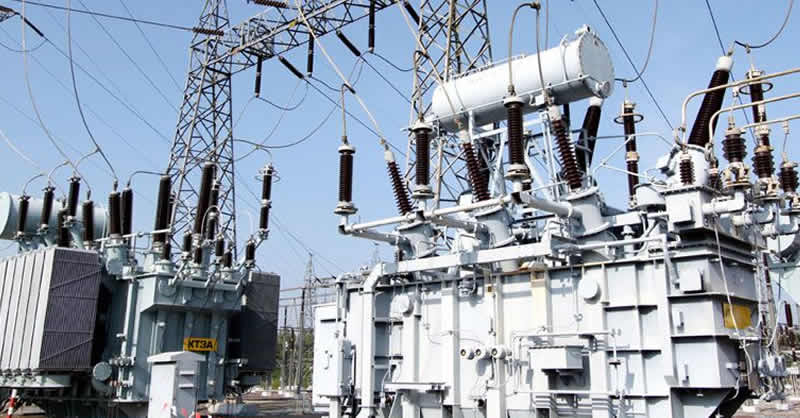Over 2 Weeks Of Persistent Power Outage In Most Part Of Nigeria, Another Monumental National Disaster -Rescue Movement
Rescue Movement for New Nigeria aka Rescue the Vulnerable Initiative bemoans the persistent power outage in most part of northern Nigeria and some states in the south, that started over two weeks ago when the unfortunate news of national grid collapse broke out again.
In a statement issued and made available to pressmen by the National Director, Media and Publicity of the group, Rescue Movement For New Nigeria, Rev Emmanuel Olorunmagba, he describes the round the clock total black out as “another monumental national disaster that is now killing the already crippling businesses across the country.
“In a country already passing through so much, economic disaster as the overbearing high cost of fuel occasioned by the removal of subsidy, has resulted in prices of goods tremendously skyrocketing and crippling businesses; then we again heard of collapse of national (electricity) grid that has become repeated unfortunate event since APC took over power. Then over two weeks there has been total black out in 17 out of 19 states of Northern Nigeria being Adamawa, Bauchi, Benue, Borno, Gombe, Jigawa, Kaduna, Kano, Katsina, Kogi, Nasarawa, Niger, Plateau
Sokoto, Taraba, Yobe, Zamfara and some states in the southern part of Nigeria as well.
“This is already killing many small and medium scale businesses that had been groaning under the yoke of the negative consequences of the wrong, wrongly timed or wrongly implemented policies under this president Bola Ahmad Tinubu”.
Wondering if this administration really care so much about the welfare of the citizens, the group notes that those so much affected as those selling frozen food like chicken, fish, turnkey etc as many are now crying as they are dumping them away due to how lack of power has resulted in the destruction of their items.
Lamenting further that, others that have generator that can power their businesses are struggling with buying fuel that is already over N1,000 pump price, yet it’s difficult for them to get and they have to be forced to buy black market at outrageous cost of N1,500 per liter.
“This kind of terrible situation has never happened in the history of this country and even may be other part of the world. Where are we going in Nigeria?” he concluded.















Post Comment